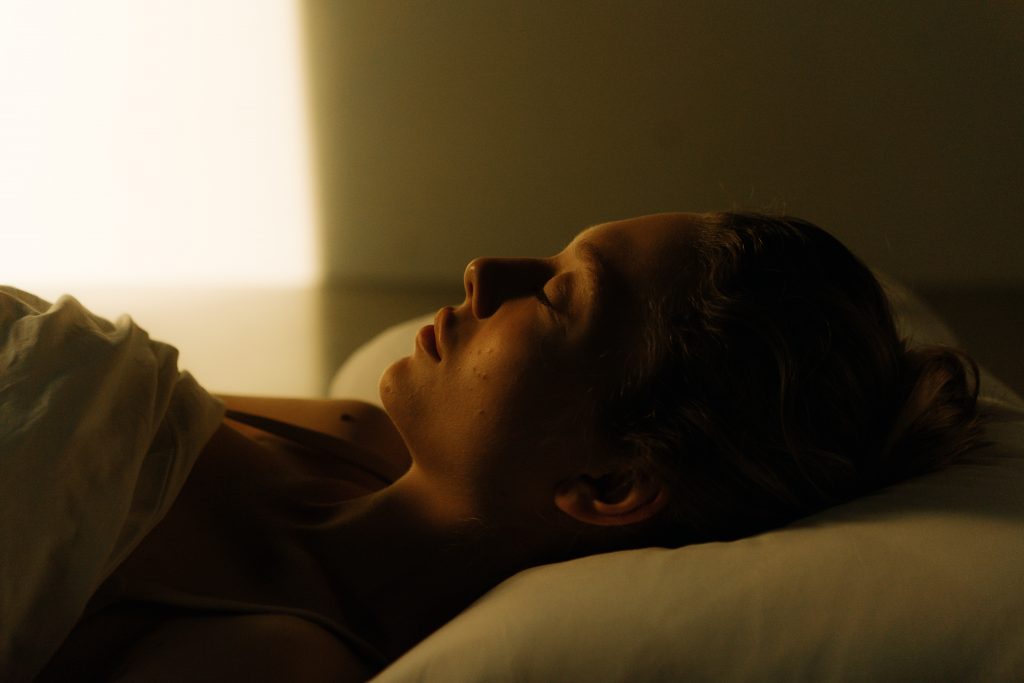
If you suffer from sleep deprivation, you are probably not living a high-quality life. There are numerous signs and symptoms of sleep deprivation, including excessive daytime tiredness and irritability. If you feel like you get a full night of sleep, but you still seem to be tired all of the time, you may be suffering from sleep apnea.
This sleep condition occurs when your normal sleep patterns are interrupted frequently throughout the night, causing you to briefly stop breathing. This not only results in chronic fatigue, but it can also lead to other health problems if left untreated. If you are diagnosed with sleep apnea, one common treatment recommendation is CPAP masks, which help to normalize your breathing.
How Do I Know I Need a CPAP Mask?
Because the stopping and restarting of breathing happens so quickly, most people are not even aware it is happening. The first step in determining if you may be a candidate for a CPAP full face mask is to recognize common signs and symptoms. Some of the telltale signs include:
1. Waking up with a headache or dry mouth
2. Daytime fatigue
3. Difficulty concentrating
4. Irritability
5. Insomnia
Some of the signs of sleep apnea are only observed by a sleeping partner. There is a good chance you have this condition if someone says you snore loudly, gasp for air during the night, or have episodes in which you stop breathing while you are sleeping. If you are experiencing any of these, we suggest to visit a lung doctor as well since these signs are also leading to lung problems.
The Necessary Sleep Apnea Test You Need
Although the signs and symptoms are pretty good indicators of sleep apnea, it is ultimately diagnosed by a sleep specialist. An evaluation will be conducted while you sleep during the night. This often occurs at a sleep disorder facility, and you will be connected to equipment that records your breathing patterns; heart, brain, and lung activity; blood oxygen levels; and leg and arm movements.
Some people may also be diagnosed via a home sleep test. This simplified test generally tests your breathing patterns, blood oxygen levels, heart rate, and airflow while you sleep.
If a home test has abnormal results, the specialist will often go ahead and discuss treatment options. Even if the home test shows normal results, the specialist may still have the individual come in to the sleep center for additional monitoring, as this test is more comprehensive than the home test.
Treatment Recommendations
The type of treatment recommended varies based on the cause and severity of the sleep apnea. If the apnea is caused by a blockage in the throat or nose, an evaluation with an ear, nose, and throat doctor may be recommended. For mild cases, lifestyle changes, such as quitting smoking or losing weight, may be all that is necessary.
If lifestyle changes do not make a difference, or the apnea is moderate to severe, a CPAP mask, such as the quattro CPAP mask is a common treatment method. The mask is attached to a machine that forces air pressure into the airway, preventing it from closing up while the person is sleeping. This normalizes breathing, allowing the person to get a good night of sleep.